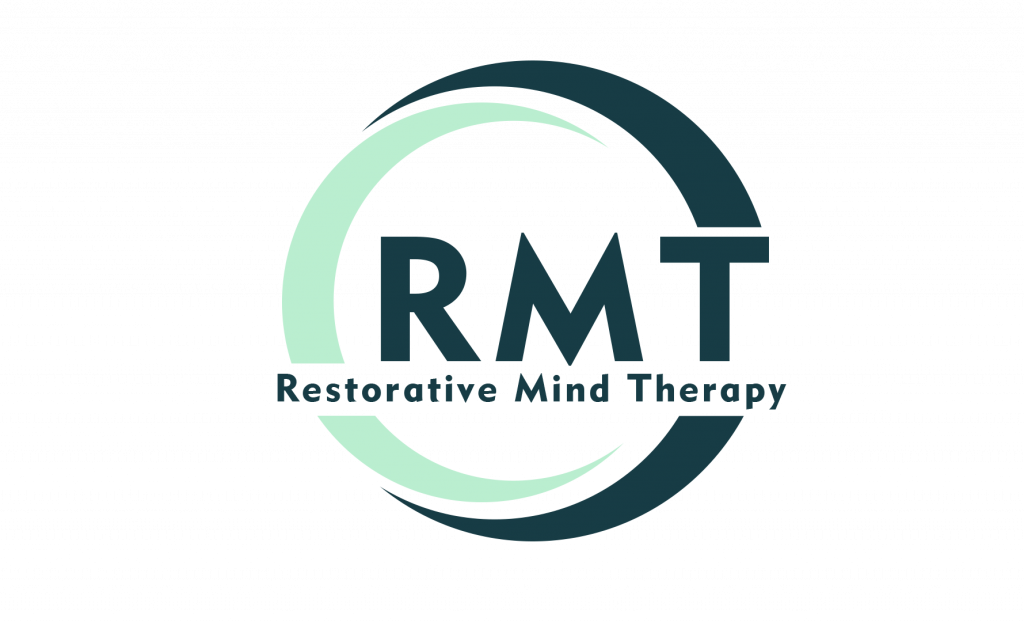Loss is a universal experience, yet it remains deeply personal and unique to each individual. Grieving can impact mental, emotional, and even physical health, making it essential to approach with understanding and compassion.
The Stages of Grief
Swiss-American psychiatrist Elisabeth Kübler-Ross famously outlined five stages of grief in On Grief and Grieving: denial, anger, bargaining, depression, and acceptance. However, these stages are not a strict path. “Grief isn’t linear,” says grief specialist David Kessler. “It’s a journey that loops, twists, and winds. There is no ‘right’ way to grieve.”
Professional Insights on Coping with Grief
Psychologist Dr. Joanne Cacciatore, who specializes in grief counseling, emphasizes the importance of allowing oneself to feel fully. “Suppressing grief can lead to more intense emotional pain in the long run. Honoring those feelings is part of the healing process.”
Finding Healthy Outlets for Grief
Grief can be managed through activities that bring comfort, such as:
Journaling – Writing down memories or feelings can help process loss.
Art Therapy – Creative expression can help communicate feelings that are hard to verbalize.
Physical Activity – Exercise can release tension and provide a constructive outlet for emotions.
Seeking Support
Support systems are invaluable during grief. Many people find comfort in support groups or therapy. Remember, professional support is available, and speaking with a grief counselor can make a significant difference.
Conclusion
While grief can be incredibly challenging, recognizing it as a natural response to loss can make it more manageable. Give yourself permission to feel, seek out supportive spaces, and remember that healing takes time.




